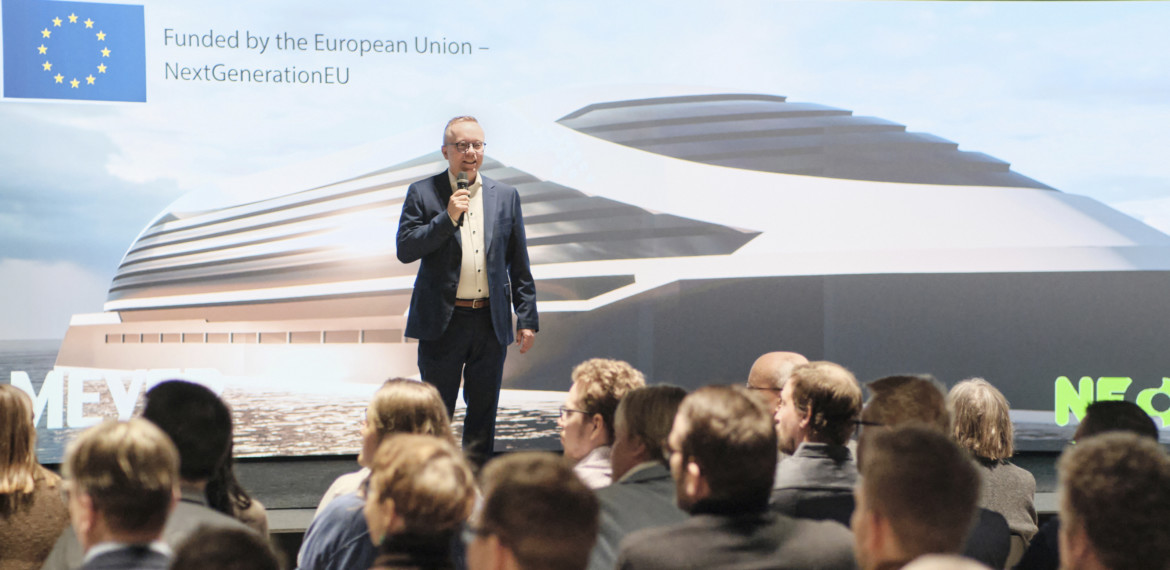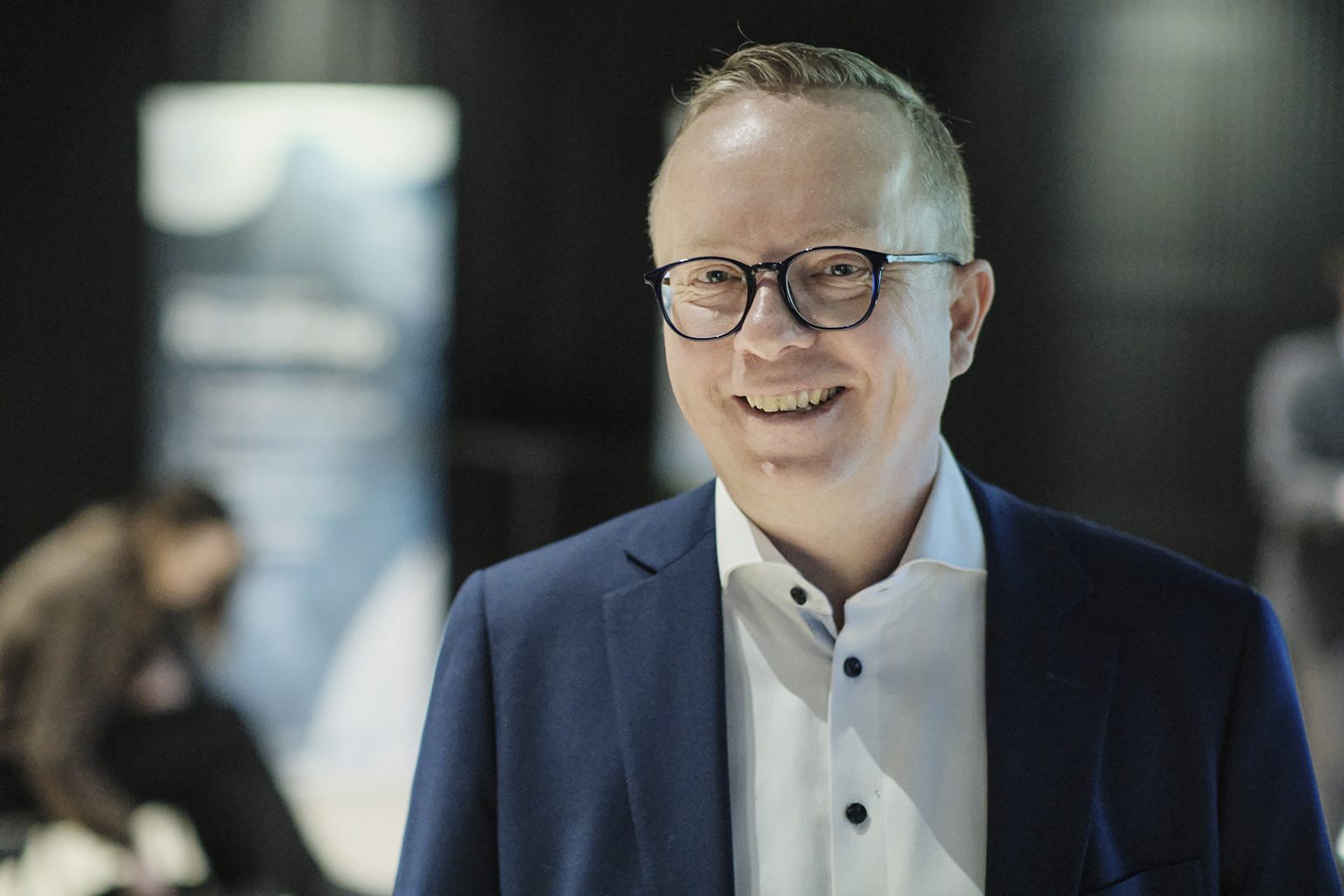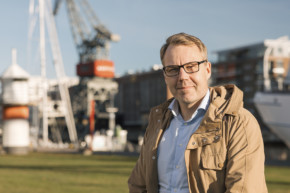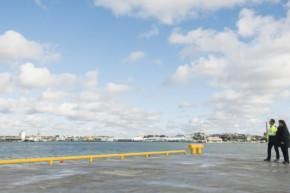Meyer Turku’s lead programme aims at carbon-neutral future
The ever increasing climate awareness presents challenges to maritime transports, which is also reflected in the shipbuilding industry. Responding to the sustainability requirements of shipping companies as well as their customers and society is indeed increasingly important to the Finnish shipyards in the tightening competitive conditions of the maritime industry.

Concept of a carbon-neutral cruise ship ready in 2025
Headed up by Meyer Turku Oy, the green transition lead programme NEcOLEAP invites the representatives of companies, universities and research institutes to develop innovative and sustainable technological solutions for the needs of the maritime industry. Regarding the shipyard, the goal is to develop the concept of a carbon-neutral cruise ship by 2025 and make the entire shipyard climate-neutral by 2030.
Selected for Business Finland’s financing programme for lead companies and ecosystems, NEcOLEAP has a cost estimate of around 160 million euros, which tells about the significance of the project both nationally and internationally. An order for a climate-neutral cruise ship would generate some 9,500 jobs in the Turku shipyard and its partner network, and strengthen the position of the shipyard as a global trailblazer in its industry.
NEcOLEAP brings together the expertise of many providers
The research and development topics within the NEcOLEAP programme will focus on four areas: the designing of the cruise ship itself, the shipyard’s operations, i.e. the different phases of shipbuilding, and the introduction of smart technologies and the open-minded professionals of the future.
”The project has been running for about a year, and it has attracted great interest among the companies, research institutes and universities in the industry. More than one hundred project proposals have been submitted, around ten of which have so far been accepted for inclusion, and a few more are currently being processed. Project proposals have been submitted broadly for different areas, and their scope covers the entire lifecycle of a vessel from designing to building to operating the ship to circular economy solutions”, says Ilkka Rytkölä, Ecosystem Lead at Meyer Turku.

The first projects are well underway
The diversity of the projects is indicated by the content of the projects already started. A project run by Åbo Akademi University focuses on rationalising ship designing with the thought: lower costs, and better ship. Meyer Turku is looking into the structures of cruise ships with the goal to lighten the vessel and optimise the centre of gravity, both of which can considerably decrease the fuel costs of the vessel. Another goal is carbon-free hull structure by 2030, when the production of carbon-free steel will have started in Finland. The project of the Turku University of Applied Sciences in turn studies the acoustics and ventilation solution of vessels with the goal to achieve better energy efficiency, lower fuel costs and improved passenger comfort. The Turku University of Applied Sciences also heads up a project aimed at the development of a virtual training centre which would enable training of different practical work phases in an interactive virtual reality.
Opportunities and financing also for new development ideas
NEcOLEAP also offers an opportunity for new partners to become part of Meyer Turku’s extensive co-operation network. Interesting areas relating to the promotion of green transition include, for example, the opportunities of circular economy and the resource-efficiency of materials.
”There are no advance requirements for the applicant companies and research institutes regarding e.g. company size. The participants already include companies of all sizes from small start-ups to bigger ones. Project proposals are received continuously, and the accepted projects also get access to Business Finland’s funding. On the whole, Business Finland has set aside 50 million euros for the companies, research institutes and universities involved in the NEcOLEAP programme, so it is worthwhile to present good project topics”, says Ilkka Rytkölä, Ecosystem Lead.
Text: Kari Ahonen
Photos: Markku Koivumäki


